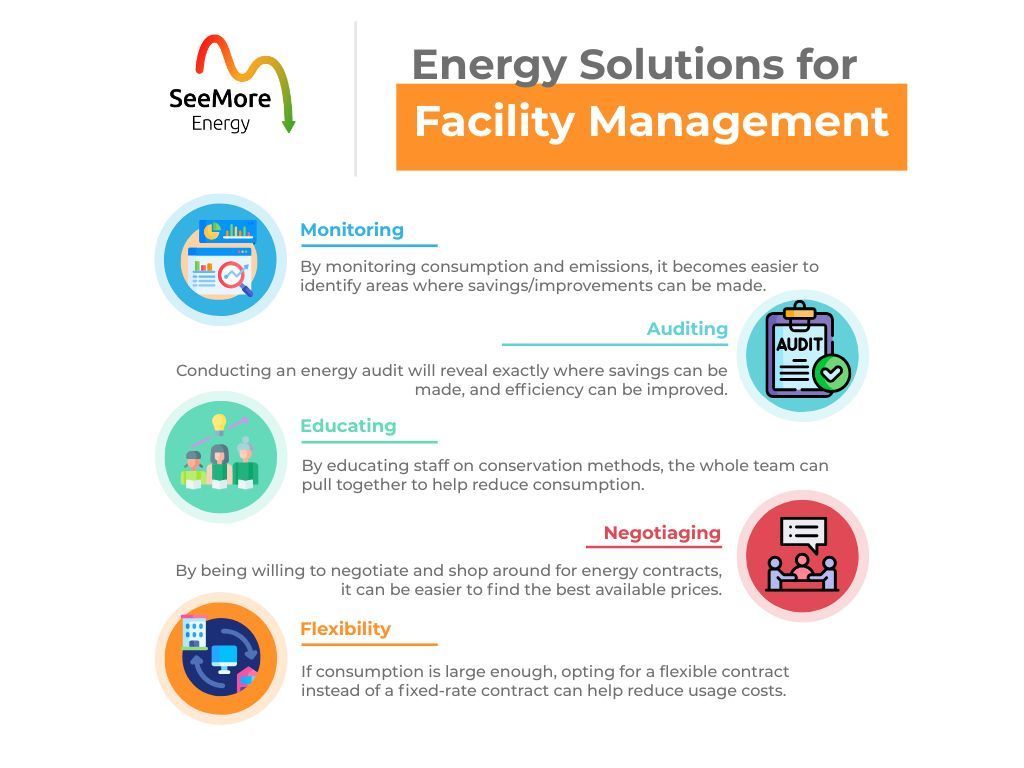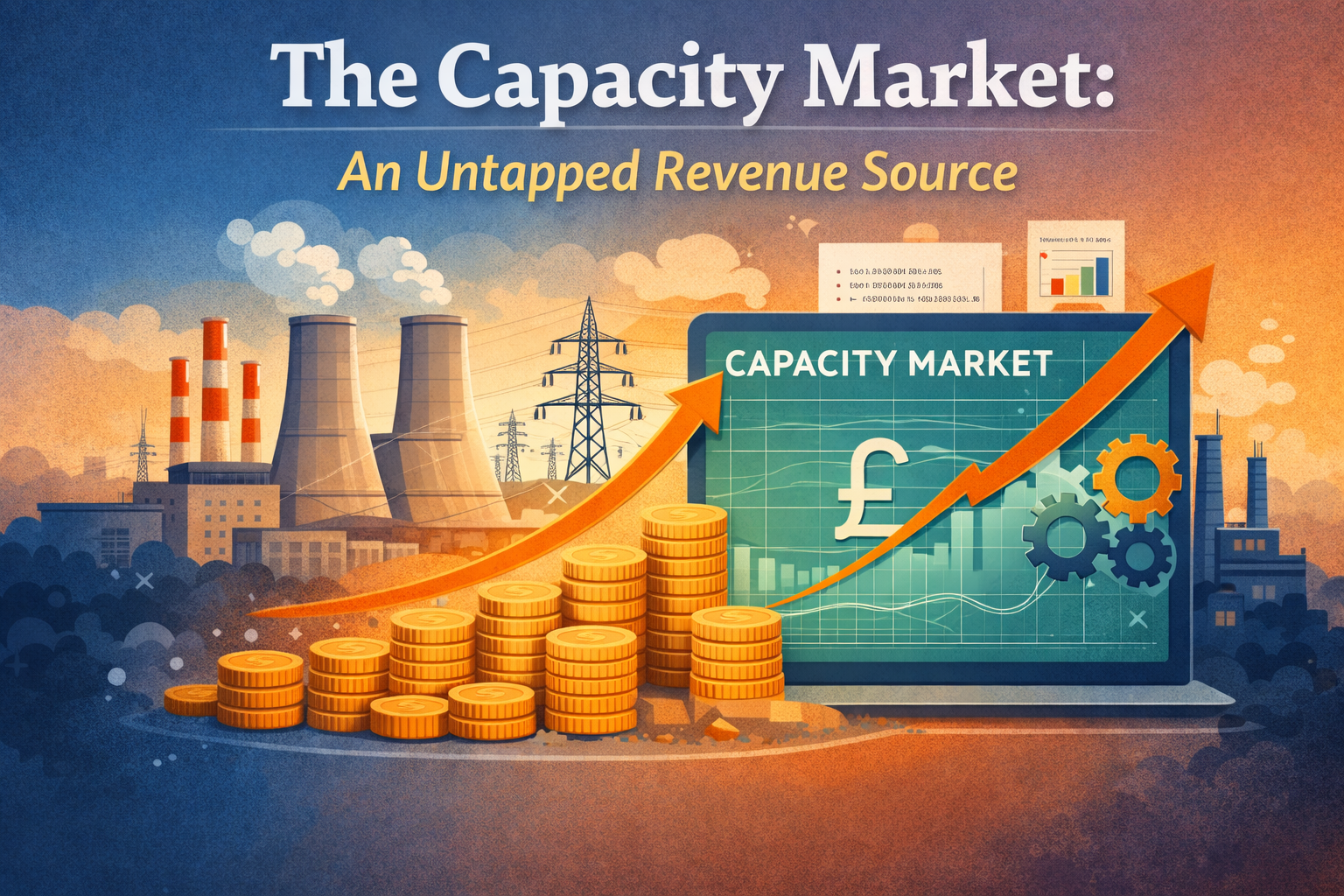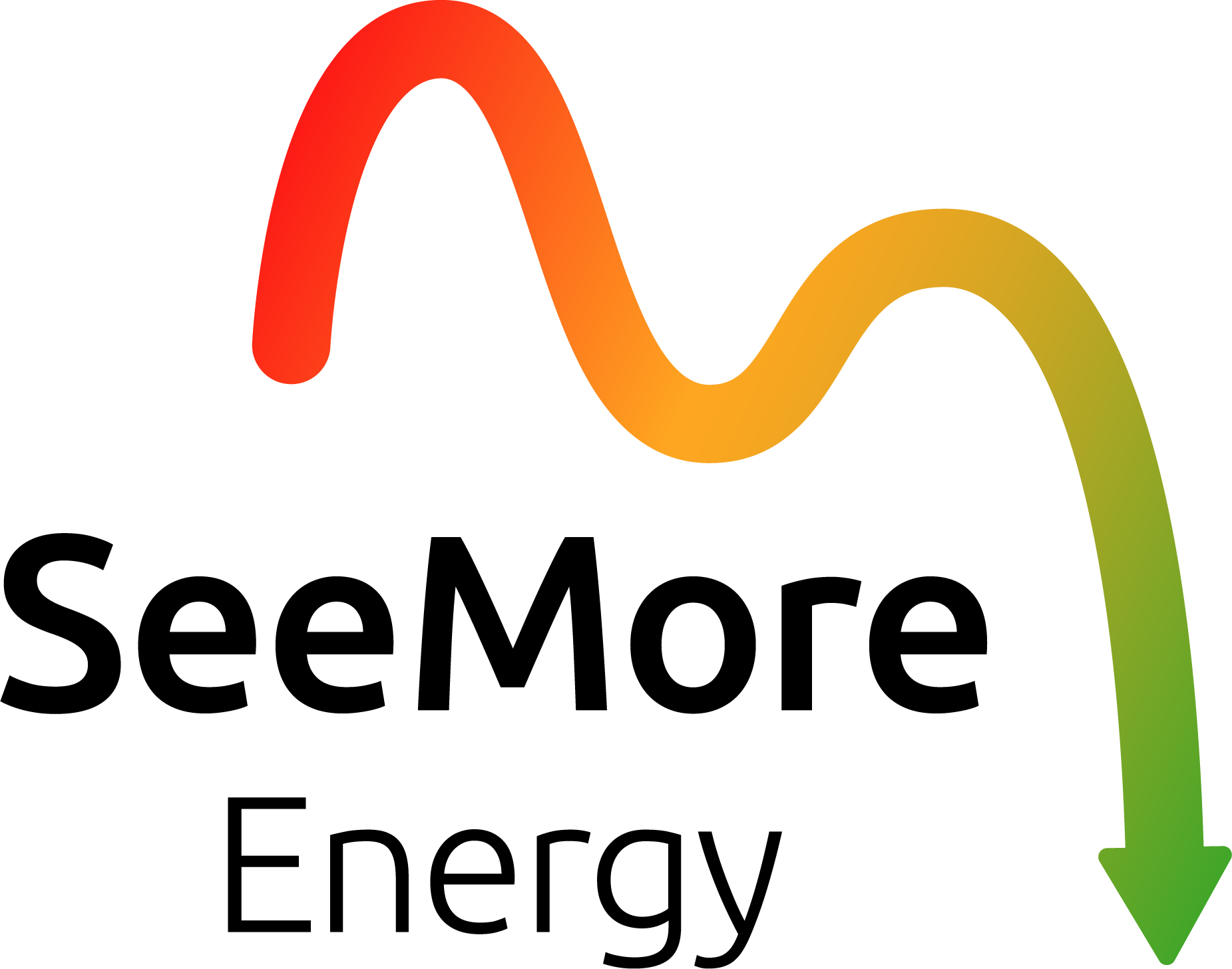The Challenges facing Facilities Management companies
As we approach the end of 2023, the facilities management industry is facing a number of challenges. These challenges include rising energy costs, staff shortages, and the need to operate in a more sustainable way. As with many industries, facilities management companies are also being asked to do more with less, as they are being pressured to reduce costs, improve service levels, and become more efficient.
Hybrid Working
Hybrid working is becoming increasingly common, as many employees prefer the flexibility of working from home. However, hybrid working is creating new challenges for facilities management companies. With fewer people on site, previously adopted space management plans may need to change. The lower frequency of collaborative work and activity-based work means areas previously used for such tasks may now be rarely used. Varying occupancy levels can also impact the security of the building, as well as the security of data.
Increasing Costs of Raw Materials
The rising cost of raw materials is another challenge for facilities management companies. The cost of metals (particularly steel and copper), electrical components, and chemicals have increased significantly in recent years. Thus making it more expensive to maintain and repair buildings.
Skilled-labour shortages
The facilities management industry is facing a labour shortage across both hard and soft services. Hard services, such as electrical, plumbing, and HVAC, have high barriers to entry due to specialised skill sets that require long training periods. The talent pipeline for these positions has plateaued, and younger workers are retiring earlier. Soft services, such as security, janitorial, and landscaping, have lower barriers to entry but face high turnover rates and competition from other industries.
Sustainability
Sustainability is another important issue for facilities management companies. Clients are increasingly demanding that their facilities be operated in a more sustainable way. This means reducing energy consumption, waste production, and carbon emissions.
In order to be able to adequately assess how consumption and emissions can be reduced they need to be accurately tracked. Some of the systems that track consumption can be expensive and have a significant impact on profitability.
At Seemore Energy we include our portal that tracks and compares consumption across your entire portfolio as part of our bill validation service. This portal allows you to see which meters and sites are being most efficient, and which areas most need to be improved.
Energy Consumption
The rising cost of energy is a major challenge for facilities management companies, putting a strain on companies' budgets and making it difficult to operate profitably.
With utilities being a major expense -- In some cases energy bills can account for up to 30% of a company's total operating costs – it is important to make sure these costs are kept as low as possible.
There are a number of ways that gas and electricity bills can be reduced:
o Installing energy-efficient equipment
o Implementing smart building technologies
o Utilising Flex contracts as opposed to traditional fixed-price contracts
o Educating staff on energy conservation practices
o Ensuring the best rates are obtained when negotiating new utility contracts
By working with a trusted broker, support can be given on all of the above factors and ensure that you are not paying anymore than necessary.
If your business requires advice with its energy procurement, management, or planning, then don’t hesitate to contact Seemore Energy to speak to experienced advisors who can help you with bespoke strategies and advice that is tailored to your needs.

Contact Us










